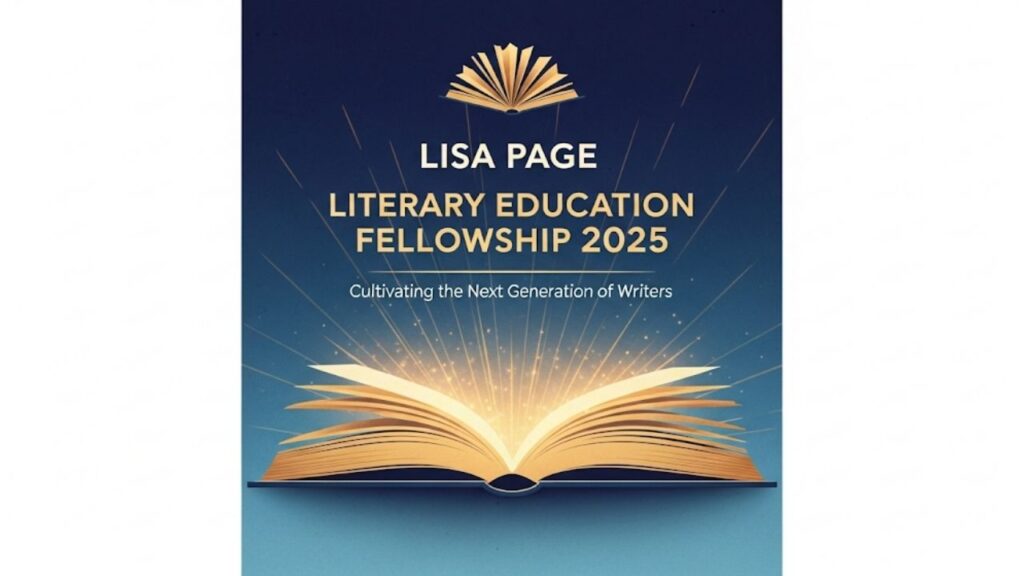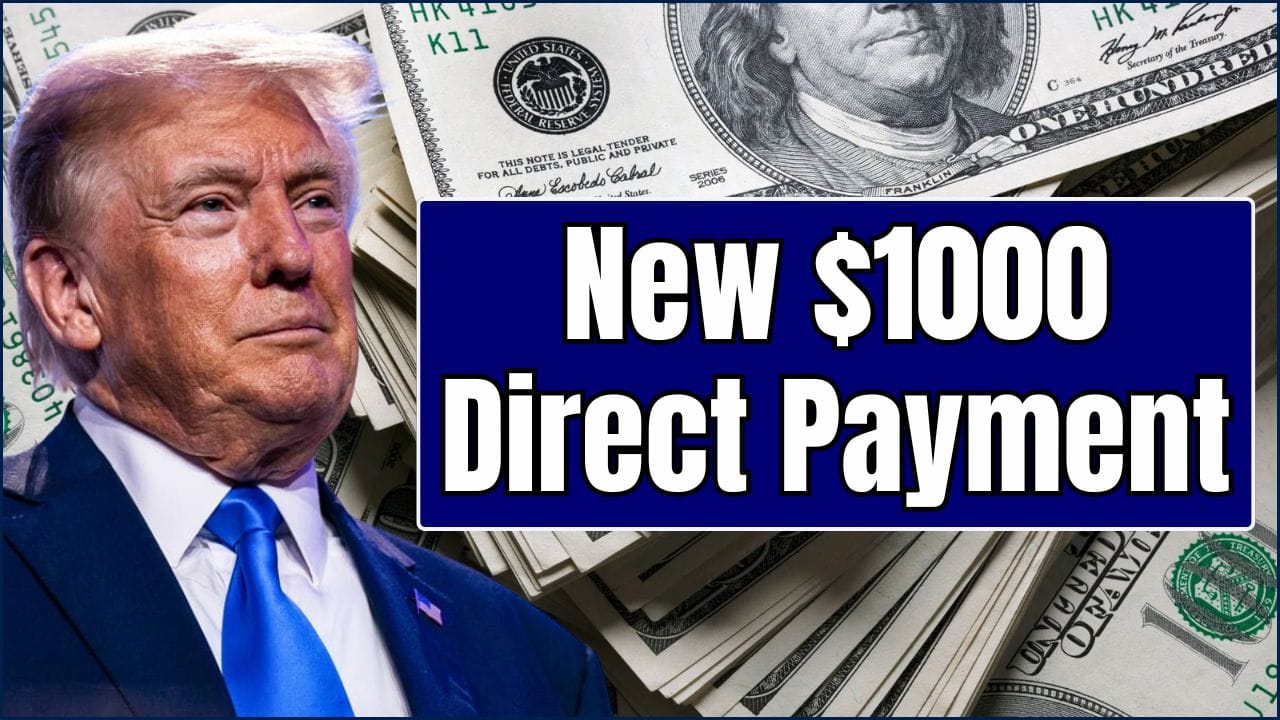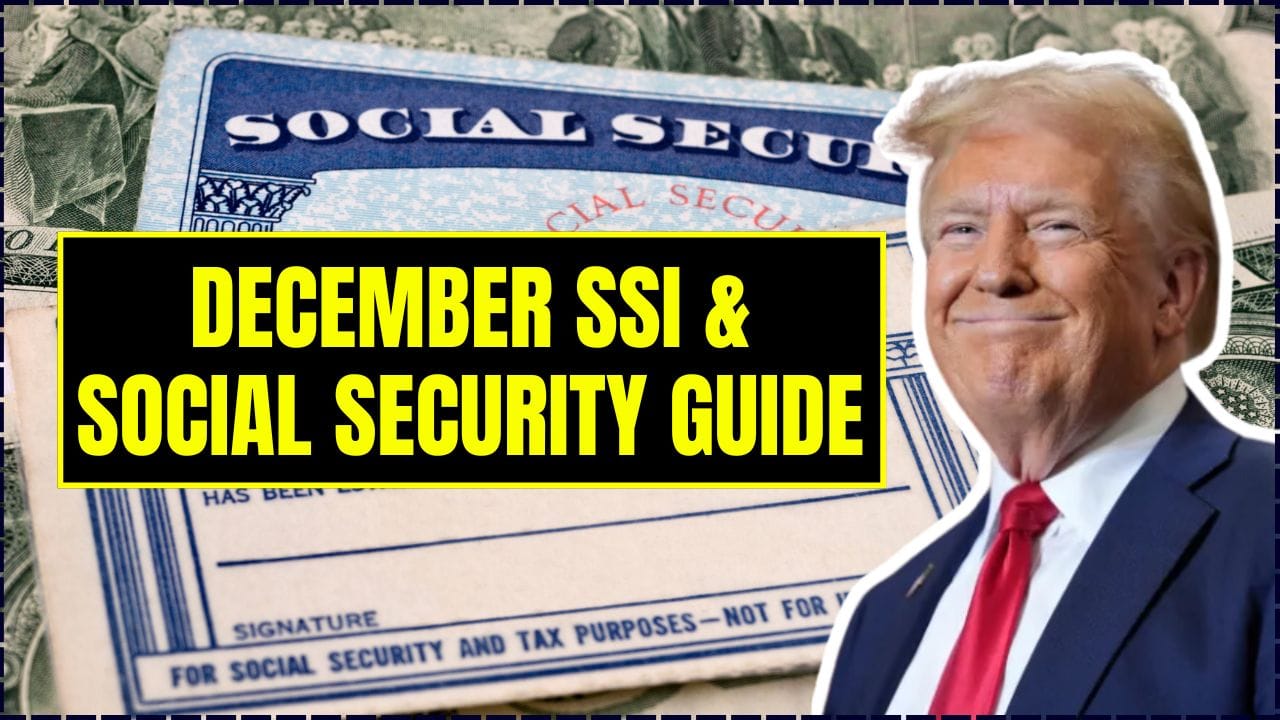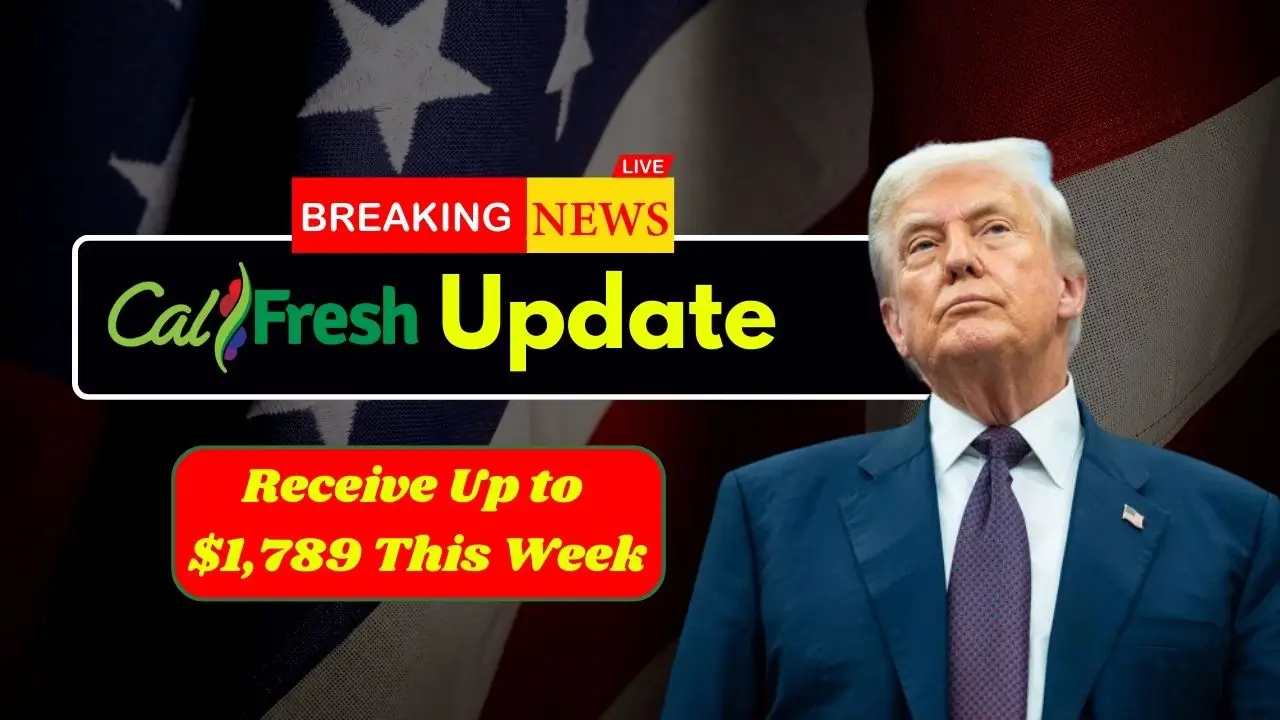The world of literature thrives on new voices and the cultivation of future readers. If you’re a fiction writer with a passion for education, the Lisa Page Literary Education Fellowship 2025 offers an unparalleled opportunity to merge your creative practice with meaningful impact. This isn’t just a fellowship; it’s a chance to shape the literary journeys of young people, foster a love for reading and writing, and become an integral part of Washington, D.C.’s vibrant educational landscape.

As someone who has advised countless aspiring writers and educators, I’ve seen firsthand how transformative such a fellowship can be. It’s a unique blend of continued creative development and direct community engagement, offering a platform to not only hone your craft but also to inspire the next generation of storytellers. This comprehensive guide will walk you through everything you need to know to successfully navigate the Lisa Page Literary Education Fellowship 2025 application process, ensuring you’re well-equipped to present your best self.
Lisa Page Literary Education Fellowship 2025
| Key Fact | Detail/Statistic |
| Duration | One-year, part-time position (39 weeks), with potential for renewal for a second year. |
| Start Date | September 1, 2025 |
| Application Deadline | June 21, 2025 |
| Compensation | $30,000 for the fellowship year, plus subsidized health, dental, and vision plans, and participation in a 403(b) savings plan with an automatic 5% employer contribution. |
| Organization | PEN/Faulkner Foundation |
| Focus | Enriching literary experiences for students in grades 3-12 across Washington, D.C. public schools through creative writing and literary appreciation. |
The Lisa Page Literary Education Fellowship 2025 is more than just a job; it’s a calling for fiction writers who believe in the transformative power of words. It’s an opportunity to nurture emerging voices, to share your passion for storytelling, and to leave an indelible mark on the educational landscape of Washington, D.C. The combination of creative practice, direct teaching, and community engagement makes this fellowship a truly unique and fulfilling path. Scholar Digger.
Understanding the Lisa Page Literary Education Fellowship
Named in honor of a cherished former PEN/Faulkner board member, the Lisa Page Literary Education Fellowship is a unique initiative designed to embed a fiction writer within PEN/Faulkner’s robust educational programs. The fellow becomes a vital link between established literary artists and young, impressionable minds in Washington, D.C. public schools. This fellowship isn’t just about teaching; it’s about igniting curiosity, fostering creativity, and cultivating a lifelong appreciation for the written word.

What Does the Fellowship Entail?
The Lisa Page Literary Education Fellowship is a dynamic, hands-on experience. As a fellow, you’ll be involved in a variety of programs that directly impact students from grades 3-12. This includes:
- Writers in Residence Program: You’ll plan, schedule, and lead approximately 24 sessions at two different D.C. schools over the academic year. This is where your direct engagement with students truly shines, guiding them through the creative writing process.
- Writing Workshops Program: Expect to conduct around 40 workshops throughout the year in various D.C. schools. These intensive sessions are designed to hone students’ writing skills across different genres.
- Writers in Schools Programs: You’ll facilitate approximately 75 author visits, playing a crucial supportive role for other authors participating in PEN/Faulkner’s extensive outreach initiatives, including the “Writers in Schools” and “Writers in Schools-Nuestras Voces” programs.
- Administrative Support: Beyond direct teaching, you’ll also contribute to the operational backbone of the education programs, assisting with tasks like author visit coordination, data entry for post-visit surveys, managing book lists, and general administrative duties. This aspect offers a holistic view of literary programming.
- Professional Communication: Engaging with educators, community partners, and sometimes authors through professional email correspondence is also a key responsibility, building your network within the literary and educational communities.
- Organizational Participation: You’ll be an active member of the PEN/Faulkner staff, participating in staff meetings and supporting the organization’s in-person literary and awards programming as needed. This truly integrates you into the heart of the foundation.
Who Should Apply for the Lisa Page Literary Education Fellowship?
The fellowship seeks individuals who are not just talented fiction writers but also possess a genuine commitment to education and working with young people. Here’s a breakdown of the ideal candidate:
- Professional Background: You must be a fiction writer with an established creative practice. This isn’t an entry-level writing position; it requires a demonstrated history of creative work.
- Teaching Experience: Significant experience teaching is essential, particularly the ability to deliver skills-based creative writing lessons to students in grades 3-12. Your resume should clearly demonstrate your proficiency in this area.
- Cultural Competence: The fellowship emphasizes working with diverse youth and/or community groups, with a preference for experience with Black, Latinx, and/or low-income populations. This reflects PEN/Faulkner’s commitment to inclusive literary education.
- Language Skills: Spanish-speaking candidates are strongly encouraged to apply. Approximately 20% of the education programs serve English/Spanish bilingual students, making this a valuable asset.
- Compliance: You must be able to pass a state-mandated background check and, if required by partner schools, a drug/alcohol test.
Navigating the Application Process
Applying for a prestigious fellowship like the Lisa Page Literary Education Fellowship requires meticulous preparation and a clear understanding of what the selection committee is looking for.
Essential Application Documents
The application process for the Lisa Page Literary Education Fellowship 2025 is streamlined, focusing on two core documents:
- Cover Letter: This is your opportunity to tell your story and articulate why you are the ideal candidate. Your cover letter should include a brief statement (maximum 250 words) detailing your approach to working with youth. This section is crucial for demonstrating your pedagogical philosophy and passion for inspiring young learners. Additionally, clearly state your anticipated availability Monday through Friday, 8:30 am to 3 pm, starting September 1, 2025.
- Resume: Your resume should not just list your literary accomplishments, but also prominently showcase your experience working with young people and/or community populations. Highlight any teaching roles, workshops led, or volunteer work that demonstrates your ability to connect with and educate diverse groups of students.
The Selection Process: What to Expect
Once your initial application is submitted, a rigorous selection process begins. Candidates who are selected to move forward will be required to:
- Lesson Demonstration (via Zoom): This is your chance to shine as an educator. You’ll be asked to give a short lesson demonstration via Zoom, showcasing your teaching style, engagement techniques, and ability to deliver creative writing content effectively. This is where your “Experience” and “Expertise” truly come to life.
- References: You will need to provide contact information for three professional references who can speak to your qualifications, especially your teaching abilities and work with young people.
Maximizing Your Application’s Impact
Crafting a compelling application is an art in itself. Based on my experience evaluating numerous fellowship applications, I can tell you that successful applicants focus on authenticity and clarity. Here are some actionable tips:
Crafting a Winning Cover Letter
Your cover letter is more than just a formality; it’s your narrative.
- Personalize it: Don’t just regurgitate your resume. Share a brief, impactful anecdote about a time you connected with a student through literature or writing. This demonstrates genuine passion.
- Align with the Fellowship’s Mission: Clearly articulate how your skills and aspirations align with PEN/Faulkner’s mission of enriching literary experiences for young people. Use language that resonates with their stated goals.
- Show, Don’t Just Tell: Instead of saying “I am passionate about teaching,” describe how your passion manifests in your teaching approach. For example, “My approach to working with youth focuses on empowering their unique voices through tailored writing prompts that encourage self-expression and critical thinking.”
Highlighting Relevant Experience in Your Resume
Your resume needs to tell a cohesive story.
- Prioritize Teaching Experience: Even if your primary identity is as a writer, ensure your teaching experience with young people is front and center. Use strong action verbs to describe your responsibilities and achievements in educational settings.
- Quantify Your Impact: Whenever possible, quantify your achievements. For example, instead of “Led writing workshops,” say “Led 15 creative writing workshops for over 200 students, resulting in a 30% increase in student participation in school literary clubs.”
- Emphasize Diversity and Inclusion: If you have experience working with diverse populations or in underserved communities, make sure this is clearly articulated. This aligns directly with the fellowship’s values.
Preparing for Your Lesson Demonstration
This is your moment to shine.
- Know Your Audience: Tailor your lesson to the specified age range (grades 3-12). Consider what resonates with these age groups and how you can make writing engaging and accessible.
- Be Interactive: A static lecture won’t impress. Design a lesson that encourages active participation, discussion, and hands-on writing exercises.
- Show Your Enthusiasm: Your energy and genuine love for both writing and teaching will be palpable. Let your passion come through!
- Practice, Practice, Practice: Rehearse your lesson multiple times to ensure smooth delivery, timing, and confident presentation.
The Broader Impact of Literary Education Fellowships
Literary education fellowships, like the Lisa Page Literary Education Fellowship, are cornerstones in building a more literate and expressive society. They not only provide crucial support for writers but also bridge the gap between professional literature and young readers. In my experience, these opportunities are incredibly rewarding, offering a chance to see the tangible impact of your work on individuals who are just beginning to discover the power of words.

By investing in writers who can inspire and educate, programs like this ensure that the magic of storytelling continues to thrive across generations. The skills taught – critical thinking, empathy, creativity, and effective communication – extend far beyond the page, empowering young people in all aspects of their lives.
Connect with PEN/Faulkner Foundation:
Here’s an example of the kind of engaging content you might find from the PEN/Faulkner Foundation, highlighting their dedication to literary engagement:
[This tweet from PEN/Faulkner Foundation discusses a recent author visit and its impact on students. It showcases their commitment to bringing literature to life for young readers.]
Chart Your Course to Excellence: The DAAD PRIME Fellowships 2026 for Germany
A Scholar’s Blueprint for the Obermann International Fellowships (OIF) 2026
FAQ
Q1: What is the primary focus of the Lisa Page Literary Education Fellowship?
A: The fellowship’s primary focus is to enrich the literary experiences of students in grades 3-12 across Washington, D.C. public schools through creative writing and literary appreciation, integrating a fiction writer into PEN/Faulkner’s educational programs.
Q2: Is the Lisa Page Literary Education Fellowship a full-time position?
A: No, it is a one-year, part-time position (39 weeks), with the potential for renewal for a second year.
Q3: What are the key eligibility requirements for the Lisa Page Literary Education Fellowship 2025?
A: Key requirements include being a fiction writer with an established creative practice, possessing teaching experience with students in grades 3-12, demonstrating cultural competence in working with diverse youth, and ideally, having Spanish language skills. Applicants must also pass a background check.
Q4: What is the application deadline for the Lisa Page Literary Education Fellowship 2025?
A: The application deadline for the 2025 fellowship is June 21, 2025.
Q5: What compensation and benefits are offered with the fellowship?
A: The fellowship offers a salary of $30,000 for the year, subsidized health, dental, and vision plans, and participation in a 403(b) savings plan with an automatic 5% employer contribution. Free tickets to PEN/Faulkner’s public literary and awards programs, and paid time off are also included.






